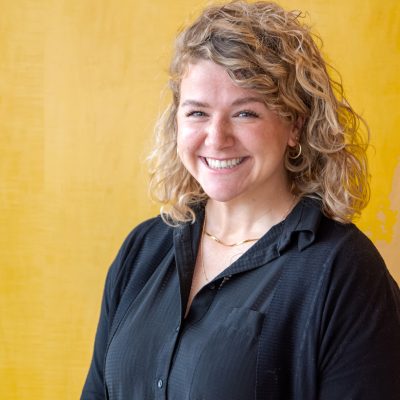Reflection in Action
- by Nina Bennett & Kelsea Perry
- 2 mins read
On March 12, 2025 BC Campus hosted a workshop on liberating structures called “Reflection in Action”, led by a pair of wonderful facilitators, Leva Lee and Helena Prins. During the workshop the group discussed the importance of critical reflection and how it can support Work Integrated Learning and students learning on the whole. In the workshop participants got to experiment and participate in fun, innovative forms of reflection. Some of the activities included designing a mini zine, drawing and modelling playdough.
A special thanks and shout out to Helena and Leva for a great time.
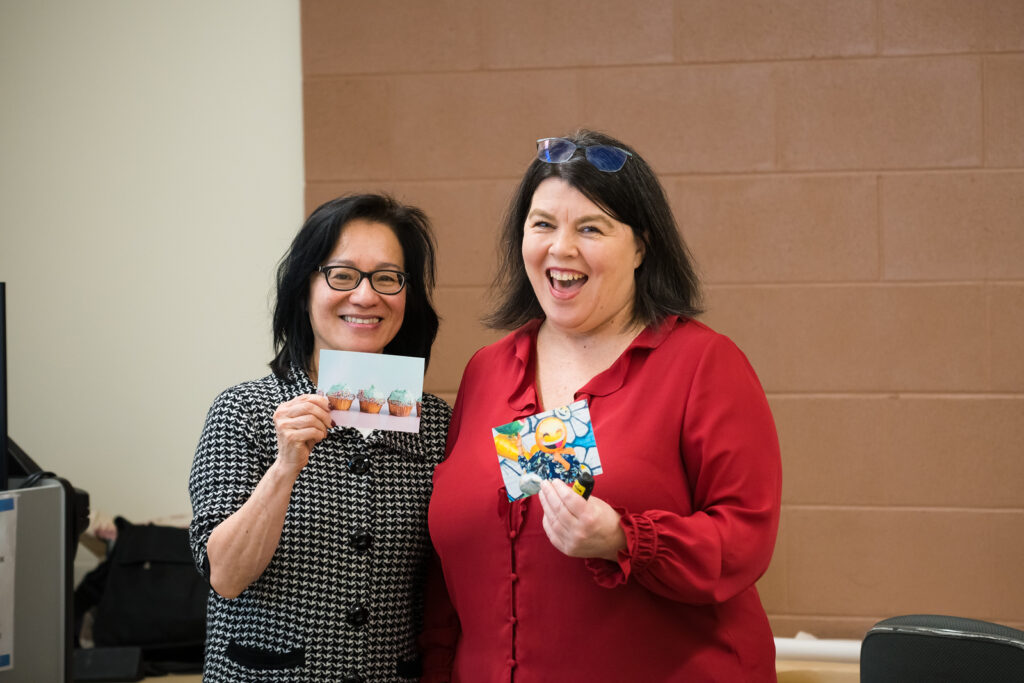
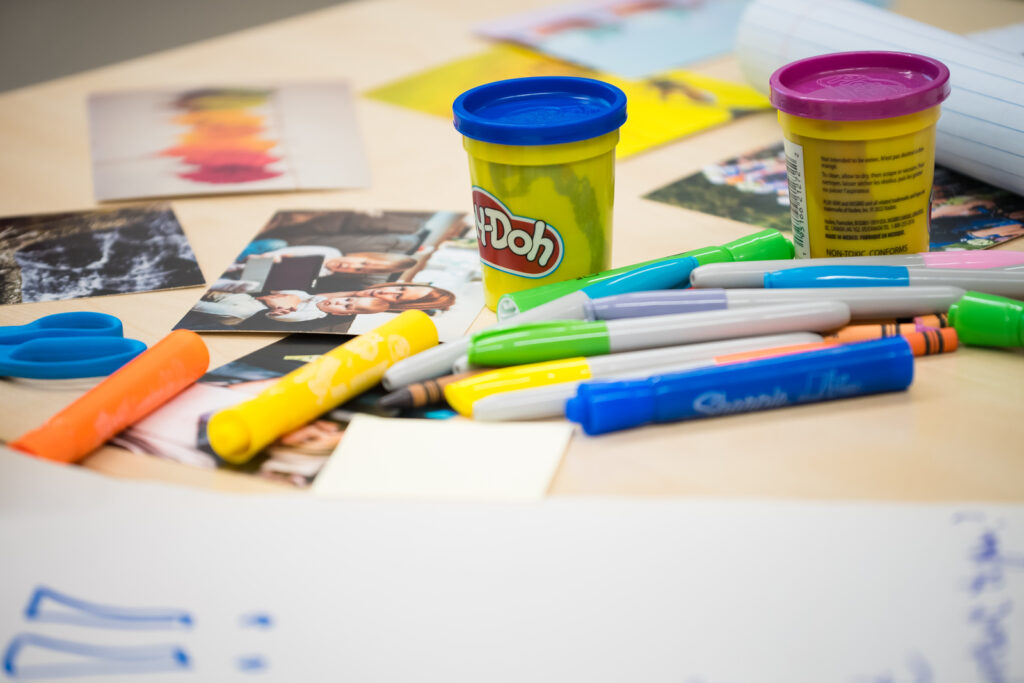
Below Kelsea Perry, an instructor in our BLES and LESD program discusses how reflection is an important feature in Community Engaged Learning and how it can support students learning in the program. For more information about how reflection can be incorporated into your course and WIL experience please reach out to the CTLI team.
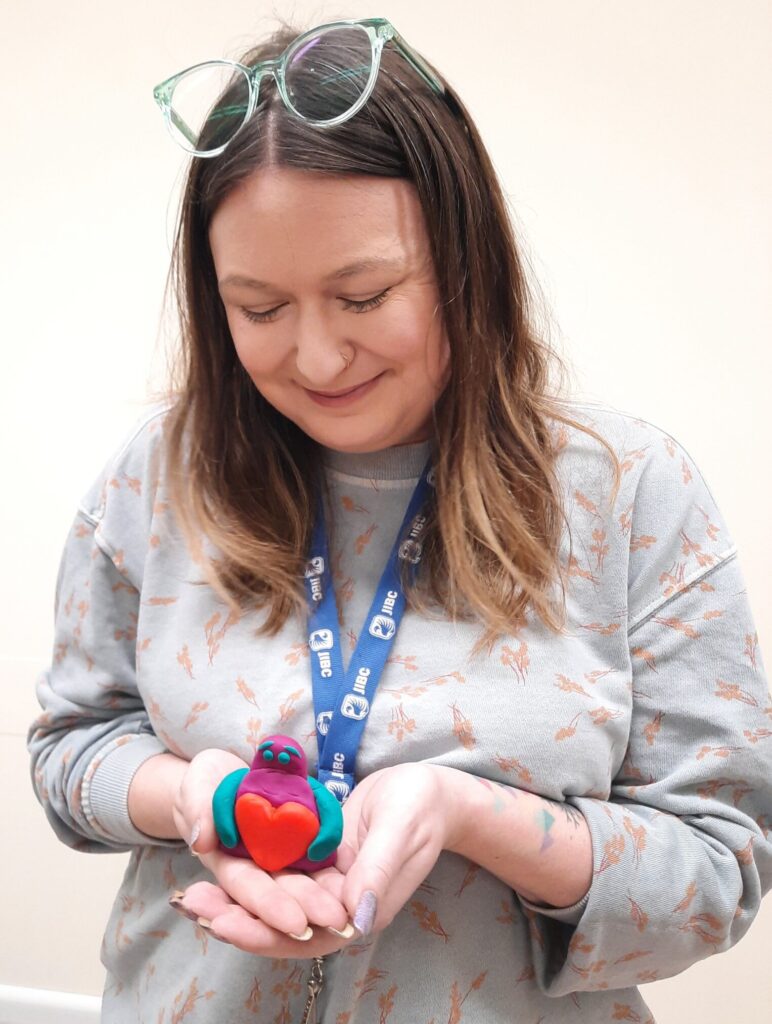
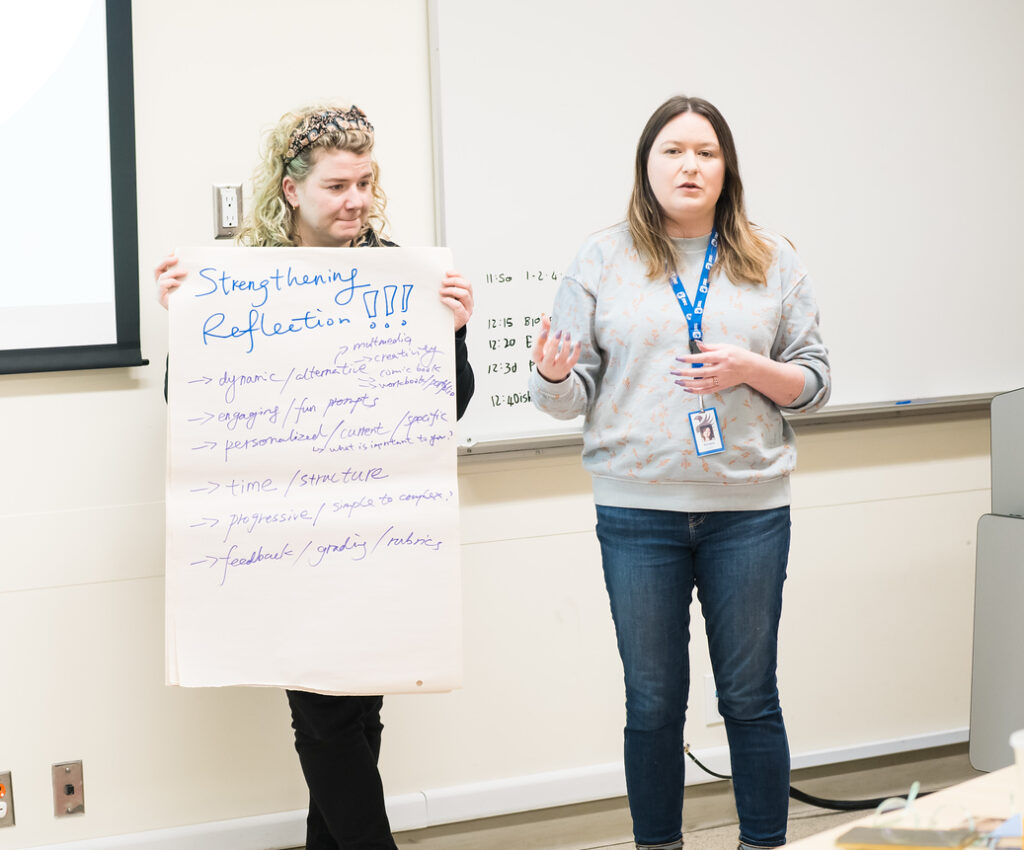
Student reflection is a core component of a community engaged learning model. Community engaged learning offers a way of bridging the gap between what happens in post-secondary institutions and what is happening in broader communities. However, reflective writing is a crucial component of navigating that gap in ways that create meaningful experiences for students. Community engaged learning often challenges some of the implicit assumptions that students bring to the classroom, including a focus on charity models and community deficits needing "fixing". Community engaged learning asks students to interrogate these assumptions and their biases, confront them, and then pivot in a new direction. Reflective writing offers an opportunity for students to trace this process and their own personal growth.
Community engaged learning is often a transformative experience, and it demands a lot from students in terms of time and energy. These demands have the potential to facilitate burnout in students. However, using reflection is a way to help students remain grounded and cognizant of their experiences and environments. It offers a space for students to critically think about their experiences in the community and how these connect with course material, but more importantly it offers a way to way to think critically about their own position in the community and their own role in building community. Reflection offers a space for showing oneself compassion and patience by in fact encouraging students to talk about both good and bad experiences in the field. Keeping field notes, journals, blogs, or any other long-term format for writing, students can revisit past experiences and understand them in new light.
Kelsea Perry
Want to continue the conversation? Reach out to wil@jibc.ca to connect!
About the Authors
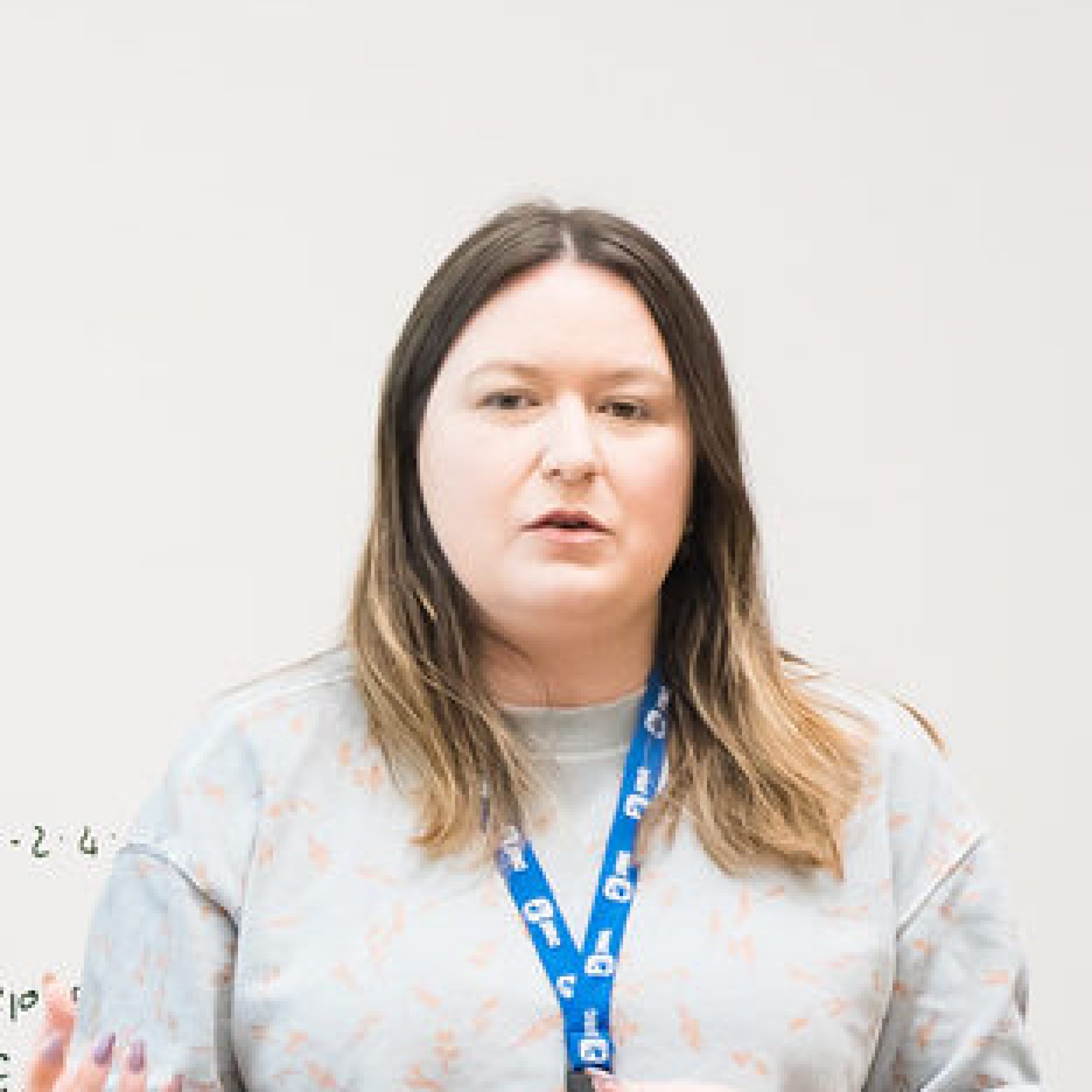
- Kelsea Perry | Instructor, Law Enforcement Studies





